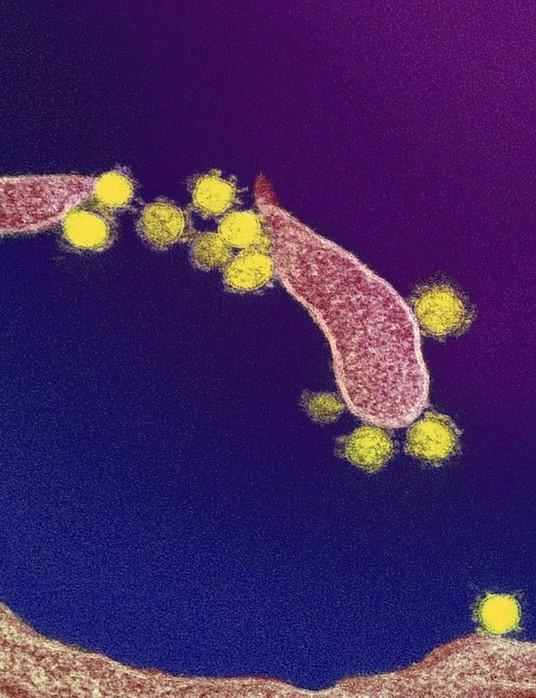Global COVID-19 cases are down 24% and COVID deaths down 6%, the World Health Organization (WHO) said today in its weekly update.
In US COVID news, Rochelle Walensky, MD, MPH, director of the Centers for Disease Control and Prevention (CDC), outlined a plan to revamp the agency in the wake of pandemic missteps.
Deaths down, but still 15,000 per week
Officials worldwide reported 5.4 million new COVID-19 cases last week, down 24% from the week before, according to the WHO's weekly epidemiologic update today. More than 15,000 deaths were confirmed, down 6%.
Cases declined in all global regions, most dramatically in Africa and Europe (both down 38%) and the Eastern Mediterranean (down 30%). Deaths increased 31% in the Western Pacific and 12% in Southeast Asia but dropped in all other regions.
At a WHO briefing today, Director-General Tedros Adhanom Ghebreyesus, PhD, said that, while the number of weekly deaths has fallen recently, over the past 4 weeks they rose 35% globally.
He said, "Fifteen thousand deaths a week is completely unacceptable, when we have all the tools to prevent infections and save lives. We're all tired of this virus, and tired of the pandemic. But the virus is not tired of us."
Omicron remains the dominant variant globally, according to the WHO update, with the BA.5 subvariant representing more than 90% of sequences shared in the last month.
"However," Tedros added, "the number of sequences shared per week has fallen by 90% since the beginning of this year, and the number of countries sharing sequences has dropped by 75%, making it so much harder to understand how the virus might be changing."
He said that the risk of COVID-19 will likely increase as the weather turns colder in the Northern Hemisphere in the coming months and people spend more time indoors. The risk will also rise for diseases like flu.
"But none of us is helpless," Tedros said, "Please get vaccinated if you are not, and if you need a booster, get one.
"There is a lot of talk about learning to live with this [SARS-CoV-2] virus. But we cannot live with 15,000 deaths a week. We cannot live with mounting hospitalizations and deaths. We cannot live with inequitable access to vaccines and other tools.
"Learning to live with COVID-19 does not mean we pretend it's not there. It means we use the tools we have to protect ourselves, and protect others."
Official global cases have now reached 592,854,865, and COVID-19 deaths have climbed to 6,443,699, according to the Johns Hopkins online tracker.
CDC reorg after COVID errors
In US developments, CDC Director Walensky, in a meeting with senior staff today, broadly outlined a plan to reorganize the CDC to prioritize public health and to respond better to outbreaks while deemphasizing publishing papers about rare diseases, according to a New York Times story.
She criticized the agency's handling of the COVID-19 pandemic, saying it was too slow to respond. The CDC's guidance for the public has been "confusing and overwhelming," according to a briefing document provided by the agency. The new approach grew out of an external review Walensky had ordered in April.
"For 75 years, C.D.C. and public health have been preparing for Covid-19, and in our big moment, our performance did not reliably meet expectations," Walensky said. "My goal is a new, public health, action-oriented culture at C.D.C. that emphasizes accountability, collaboration, communication, and timeliness."
James Macrae, MA, MPP, led the external review. He has held senior positions at the Department of Health and Human Services, which oversees the CDC. He interviewed about 120 people inside and outside the agency, but his report has not been publicly released.
Changes Walensky described include the appointment of a former Obama administration health official, Mary K. Wakefield, PhD, to lead the CDC's shift to a stronger public health focus. Two scientific divisions will now report directly to Walensky's office, and the agency will pare review time for urgent studies. The agency is also updating its promotion system to reward public health efforts.
The briefing document said that Walensky wants staff members to produce data "for action" rather than "for publication."
The CDC will bolster the team that responds to public health emergencies and require those scientists to remain in their positions for at least 6 months, aides said. A new executive team will set priorities about how to spend the agency's annual $12 billion budget "with a bias toward public health impact," the document said.






















